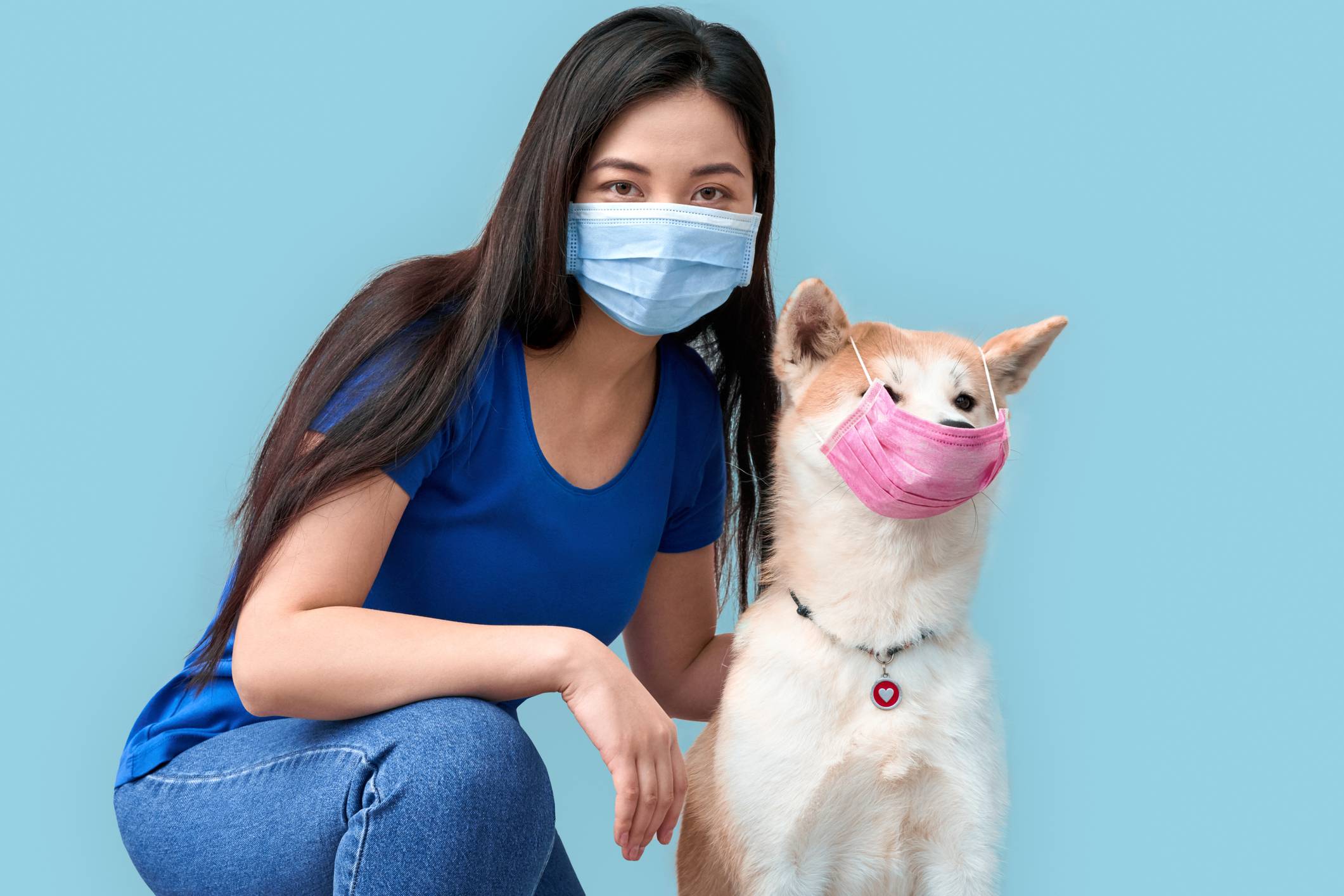Back in mid-April, I took my 13-year-old cat to the vet for some tests. They told me his chronic heart disease had worsened, but it was nothing alarming. His condition started to deteriorate a few days later, ultimately leading to a 3 a.m. trip to the emergency room on April 27. The emergency veterinarians told me his blood readings were baffling; X-rays showed blood clots in his lungs. He died later that day.
At first it just seemed like one more sad thing to cope with during this time of COVID-19 — then, last week, I got a call from virologist David Sanders of Purdue University. He wanted to tell me about a new paper showing COVID-19 infections in cats. He said it looked like high-quality work, and it could have important implications for the spread of the virus. I started to wonder whether my own cat had picked up COVID-19 while waiting with other cats for his checkup at the vet.
The anecdotes about COVID-19 infecting cats at first seemed like a sideshow. But now, scientists have determined that the virus spreads readily among cats. That means scientists will need to start doing epidemiological studies on other species to understand and control this virus.


















With your current subscription plan you can comment on stories. However, before writing your first comment, please create a display name in the Profile section of your subscriber account page.